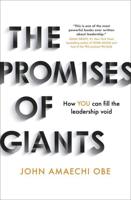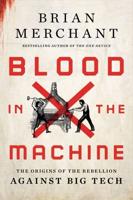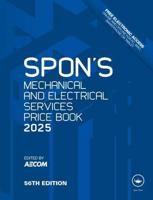Publisher's Synopsis
Changing technology and the growing demand for workforce intelligence have ushered in a new era of human resource (HR) transformation and have compelled HR professionals to continually ideate, innovate, and adapt. This book covers the changing role of HR in the transformation of workplaces to be successful globally.
With challenges come new opportunities for HR to completely transform. Currently, technology is considered to be an extension of human beings rather than an external component, which makes people less socially connected. Physical, psychological, and financial well-being in this machine-led world is driving the agenda of HR. Individuals with complex business requirements and long-term goals must coexist with the gig economy, flexible workplaces, and changing priorities. This book precisely addresses these issues. More innovations are needed to create solutions for an ever-growing digital world. This book, therefore, explains how the role of HR executives must be to understand how emerging technologies are affecting company culture, strategy, operational plans, and the hiring of future talent. Crafting a career path for knowledge workers with challenging roles with fulfilling job aspects remains a puzzle.
Keeping people engaged and happier is one of the major challenges that HR professionals experience. Different generations in the workplace with differing styles of learning, communication, and dynamic expectations add to these challenges. HR functions must keep evolving to overcome these challenges to transform the workplace, and it is essential to recognize how HR can act as a strategic business advisor through the effective use of technology. This book provides practical advice in these areas.
In addition, this book helps professionals, researchers, and practitioners understand the way advanced technology and automation are influencing HR practices and processes in the new normal. The topics are designed to capture the most advanced technology-based HR practices for workplace transformations in industry and academia. This book assembles contributions from experts in HR planning, human capital management, business analytics, people analytics, predictive analysis, and automation from across the world, contributing their knowledge to identify the different attributes of the above-mentioned field of study. The book's chapters are designed and organized pragmatically to enhance the reader's experience and interest, reflecting upon a few untouched segments in the HR domain such as HR data privacy, data security, diversity, and inclusion using explainable AI (XAI), blockchain, and metaverse.










